World Chimpanzee Day
In an effort to galvanise both wild and captive chimpanzee care and conservation communities, as well as engage our collective audiences and networks, we celebrate World Chimpanzee Day on 14th July.
14th July 1960 is the day Dr. Jane Goodall first stepped foot in what is now Gombe Stream National Park to study wild chimpanzees. Dr. Goodall called attention to the remarkable chimpanzee and to this day, six decades later, advocates on their behalf.
In honour of humans’ closest cousin, World Chimpanzee Day is a celebration of chimpanzees and an opportunity to raise awareness about the vital need for worldwide participation in their care, protection, and conservation in the wild and in captivity.
Goals of World Chimpanzee Day:
Celebrate humans’ closest cousin in the animal kingdom;
Raise awareness about threats they face in the wild including habitat loss, disease, and wildlife trafficking; and
Promote their proper care in captive situations.
The founding organisations for World Chimpanzee Day aim to empower communities everywhere to take action on behalf of chimpanzees to ensure a secure and hopeful future for this magnificent species.
Why World Chimpanzee Day?
Through the groundbreaking research of Dr. Jane Goodall and the scientists who followed her, we now know so much more about the many behaviours, traits, and ecologies that make chimpanzees unique. Dr. Goodall was one of the first to share her observations that chimpanzees make and use tools, have a complex communication system and social structures, and can be altruistic. The more we learn, the more we realise how important it is to celebrate our connection to these complex and intelligent beings.
Why do chimpanzees need our support?
Chimpanzees are our closest living relatives, who share 98.6 per cent of our DNA.
However, chimpanzee populations have declined drastically over the last hundred years. There were once an estimated 1-2 million chimpanzees across twenty-five countries in Africa. Today, there are as few as 340,000 wild chimpanzees across the continent and are listed as endangered on the IUCN Red List. IUCN Red List of Threatened Species
